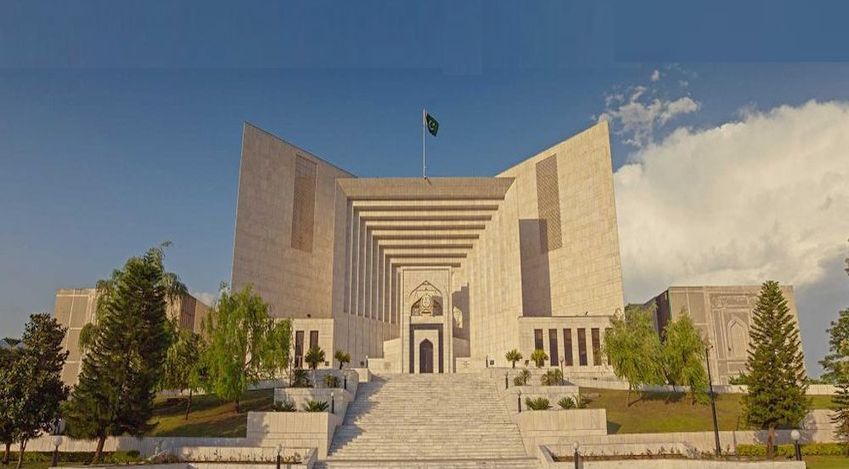The Regulatory Powers cannot be Delegated without Explicit Statutory Authorization --- Supreme Court of Pakistan
Islamabad 21-02-2025: The Supreme Court of Pakistan has dismissed a Review Petition filed by the Oil & Gas Regulatory Authority (OGRA) and an application by the Hydrocarbon Development Institute of Pakistan, reaffirming that the delegation of regulatory functions must be explicitly authorized by law.
The case, titled Oil & Gas Regulatory Authority Vs. Gas & Oil Pakistan Ltd., stemmed from a dispute over OGRA’s authority to delegate sampling responsibilities to the Hydrocarbon Development Institute under the Pakistan Oil (Refining, Blending, Transportation, Storage, and Marketing) Rules, 2016 (“2016 Rules”).
The Supreme Court of Pakistan was asked to review its earlier decision of February 7, 2023, which had refused leave to appeal against the Islamabad High Court’s (IHC) judgment in favor of Gas & Oil Pakistan Ltd., The High Court had ruled that OGRA had wrongly delegated its regulatory powers to the Hydrocarbon Development Institute, leading to an unlawful fine imposed on the private company.
OGRA, in its review petition (C.R.P. 540/2023), challenged this decision, while the Hydrocarbon Development Institute sought permission to file a separate review [C.M.A. 5277/2023], claiming it had been “condemned unheard.”
In a unanimous decision, the Supreme Court of Pakistan upheld the Islamabad High Court’s (IHC) interpretation of the 2016 Rules and the Hydrocarbon Development Institute Act, 2006. The key findings of the judgment include:
- The Court emphasized that a review petition cannot serve as a second appeal to challenge legal interpretation.
- OGRA failed to establish that the original decision was per incuriam (i.e., made without considering binding law).
- The Court reaffirmed that under Rule 54 of the 2016 Rules and Section 4 of the 2006 Act, OGRA did not have the authority to delegate sampling responsibilities to the Institute.
- The Hydrocarbon Development Institute had not filed an appeal against the High Court’s decision, making the ruling final against it.
- The Court dismissed its claim that it had been “condemned unheard,” noting that it was represented in the original proceedings.
- The Court clarified that it is not mandatory to issue notices to all parties when dismissing a leave to appeal petition.
- Since OGRA was heard before the Court, there was no procedural violation.
The ruling solidifies judicial scrutiny over regulatory authority and reinforces that statutory bodies must operate within their legal mandate. It also narrows the scope of review petitions, making it clear that such applications must demonstrate a fundamental legal oversight rather than a mere disagreement with interpretation.
This decision is expected to have broader implications for regulatory agencies in Pakistan, ensuring that delegated powers are explicitly authorized by law and preventing overreach in enforcement actions.
OGRA’s Review Petition [C.R.P. 540/2023] was dismissed. The Hydrocarbon Development Institute’s application [C.M.A. 5277/2023] was also rejected.
Powered by Froala Editor








